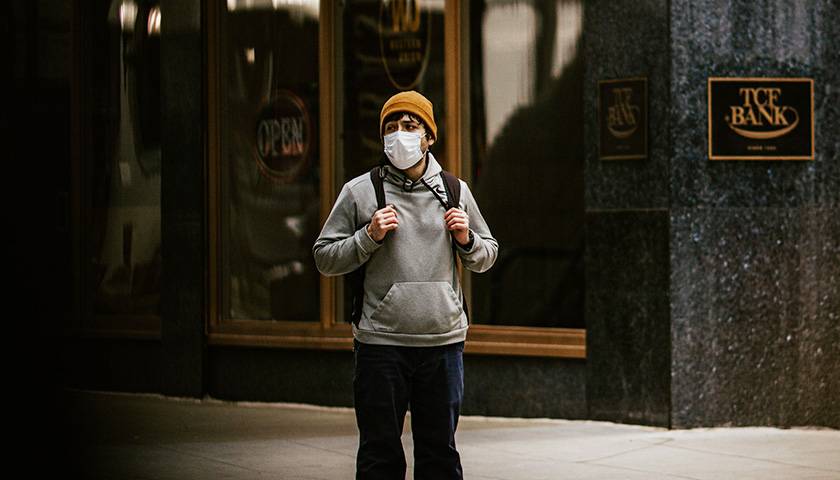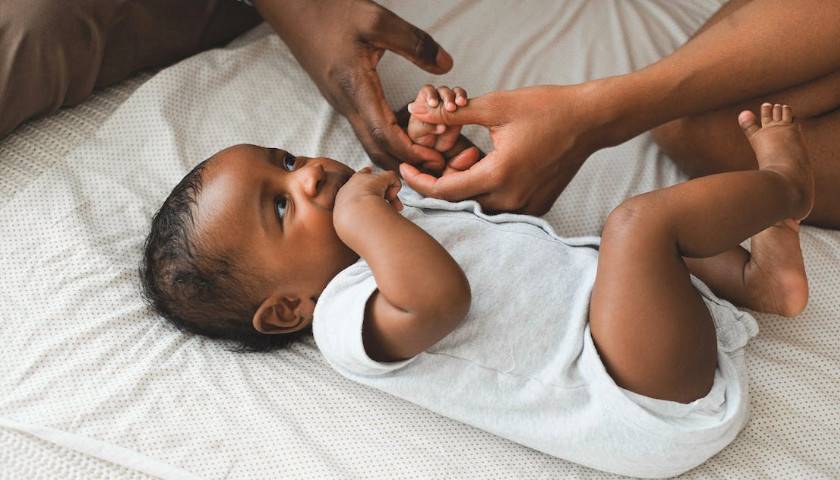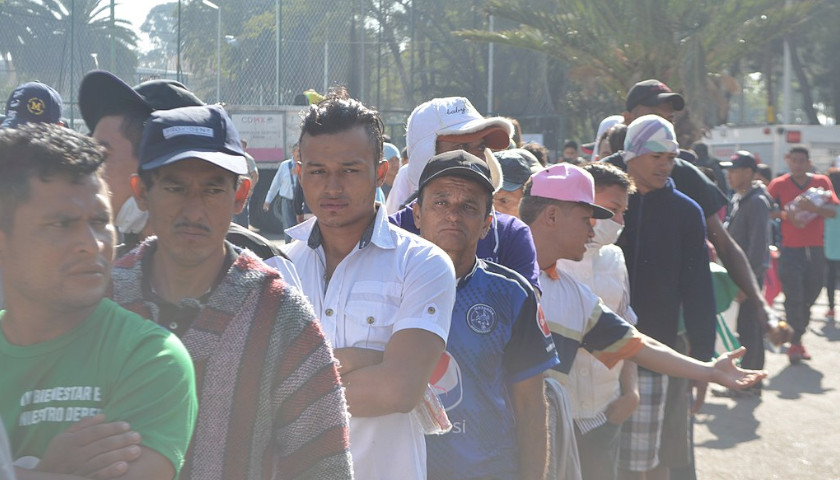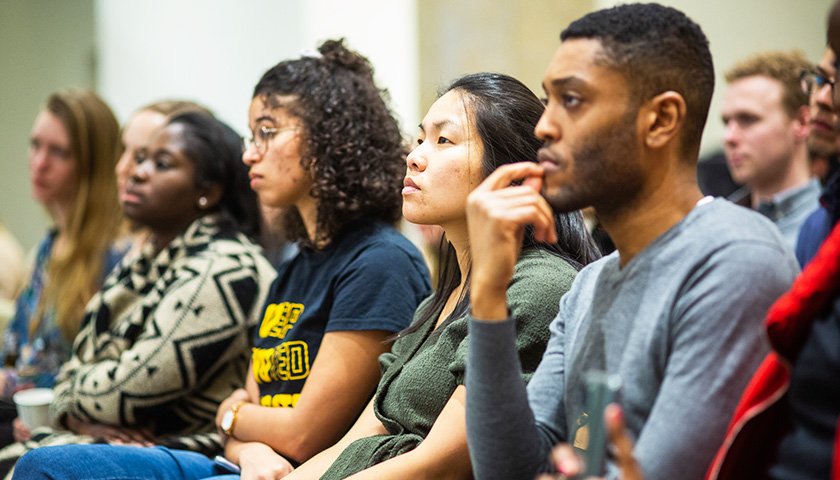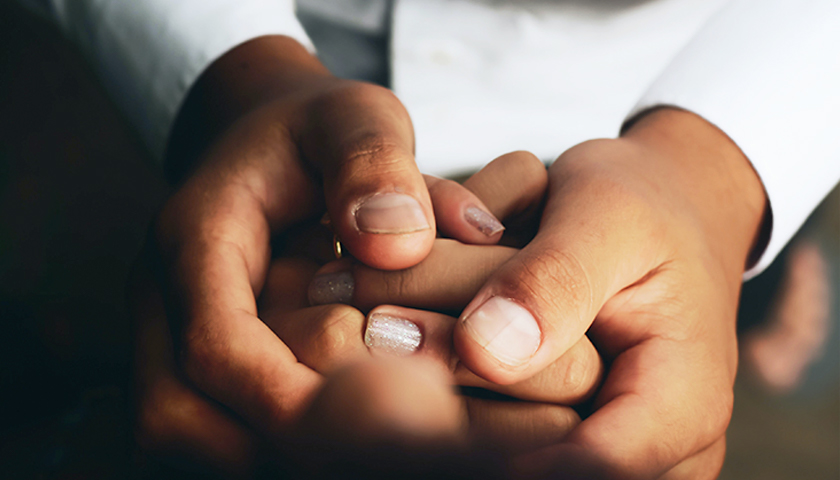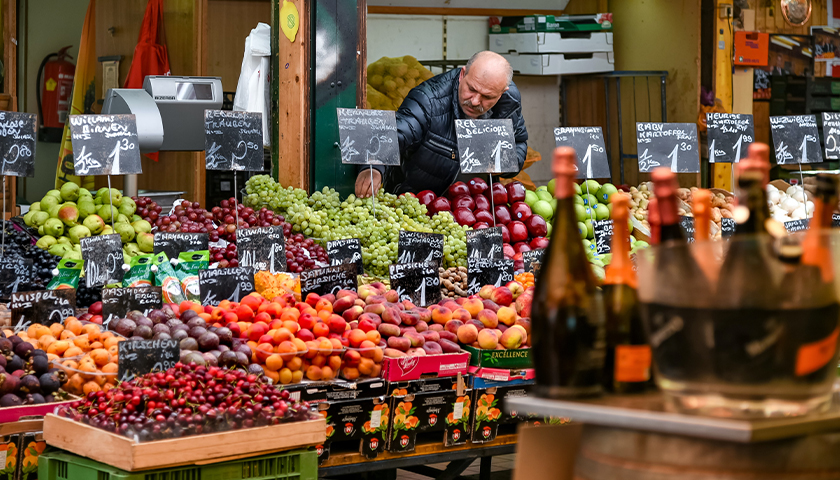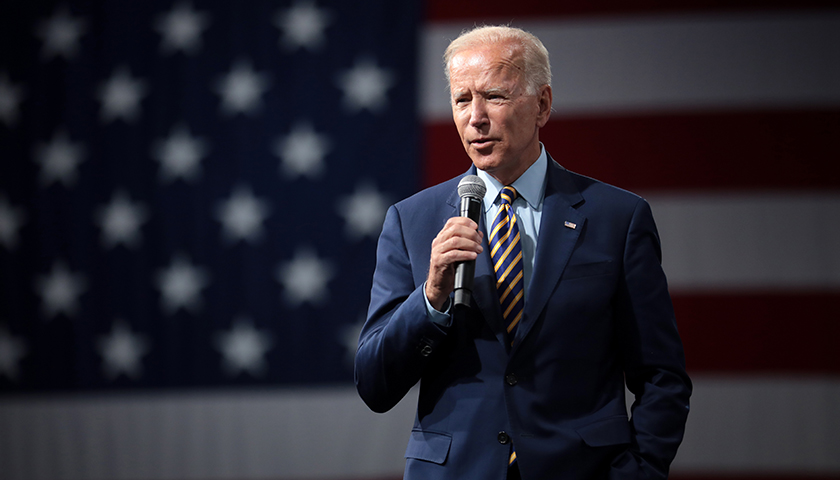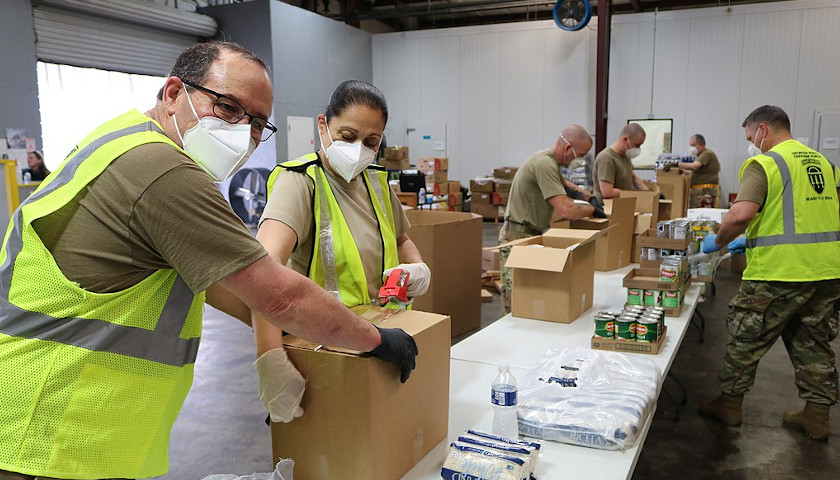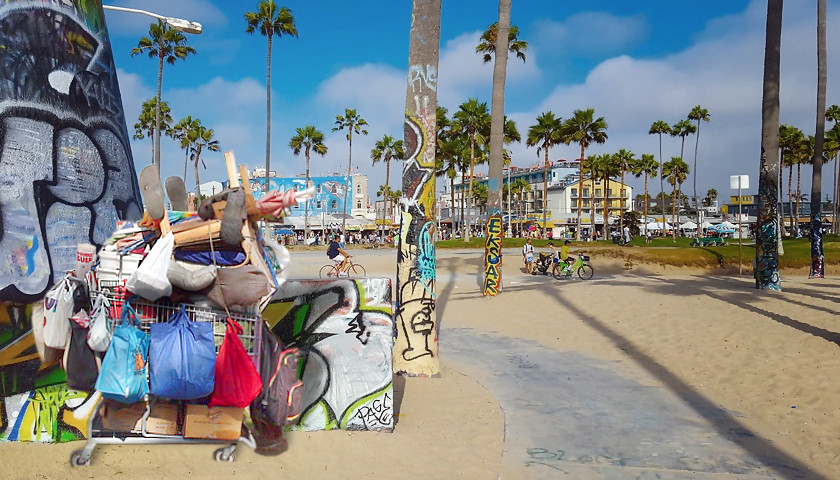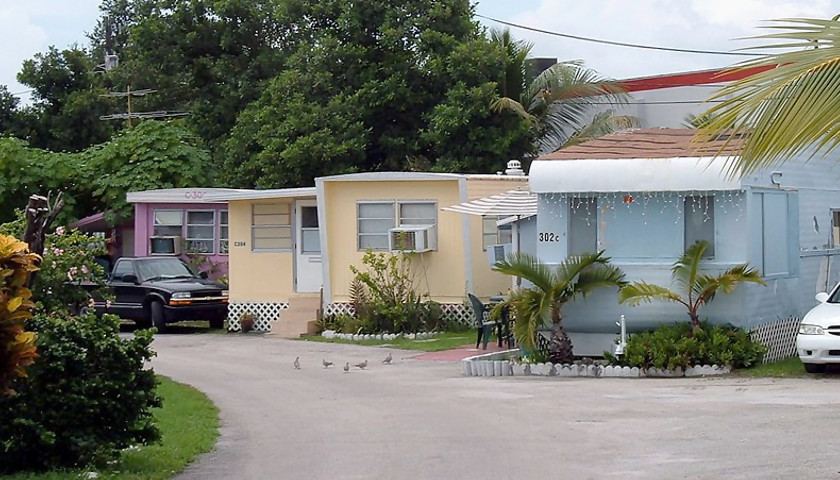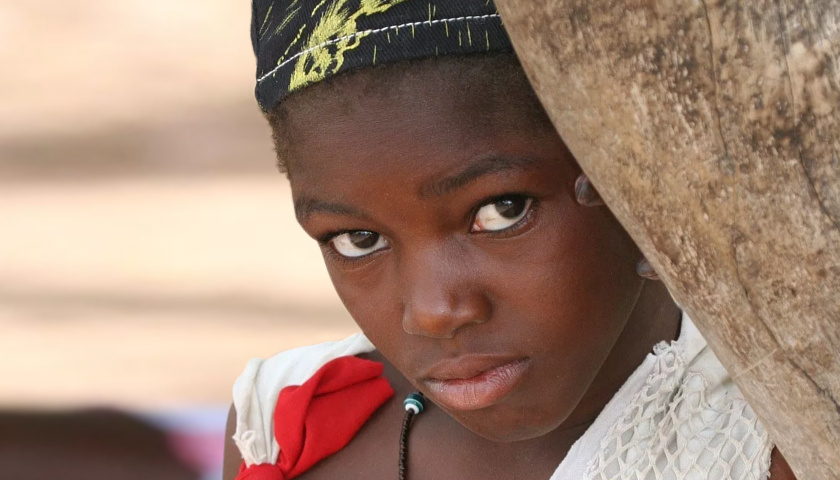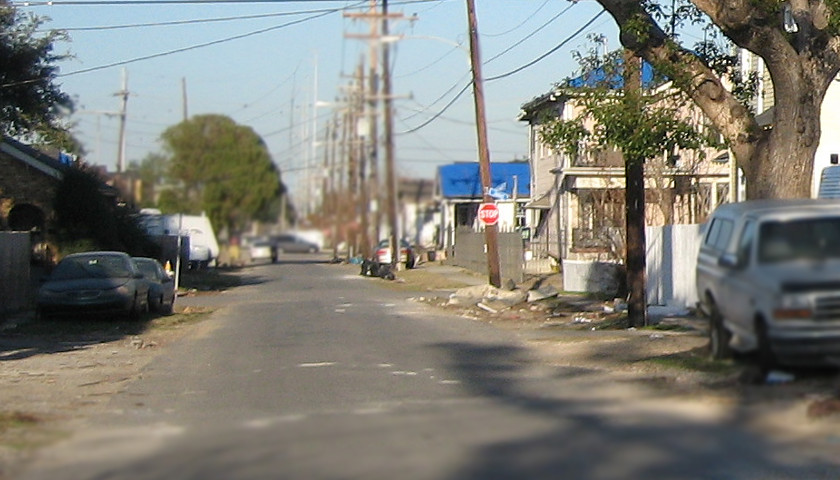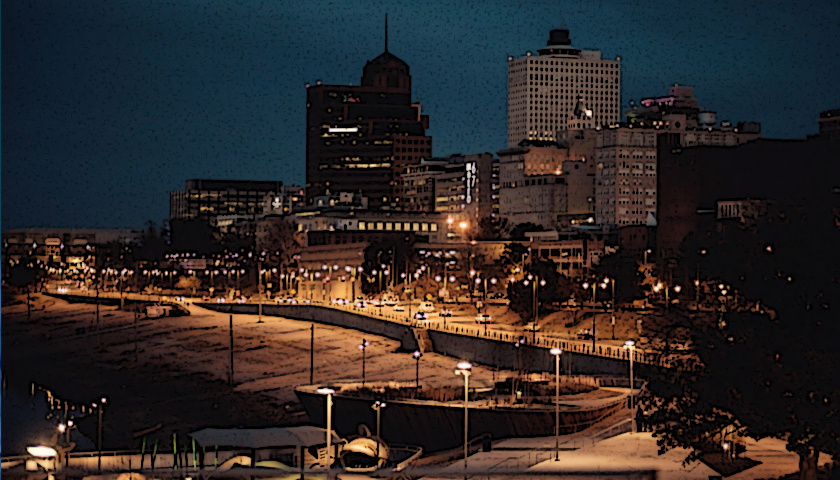If Joe Biden gets his way, the federal minimum wage will soon more than double, from the current $7.25 to $15 per hour. To quote our commander in chief, “if you work for less than $15 an hour and work 40 hours a week, you’re living in poverty.”
To rehash the minimum wage debate would be redundant. Anyone with business experience should see what’s going to happen. Many small independent businesses, retail stores, and restaurants that pay minimum wage will go under.
Meanwhile, major corporate chains will automate, shedding workers and raising prices, consolidating their grip on every market sector where they’re active. Unionized government workers will automatically get raises because their wages are indexed to the minimum wage—putting even more pressure on government budgets and taxpayers. People in the private sector who have spent decades learning a skill—and as a result can command wages upwards of $25 or $30 an hour—will become justifiably disgruntled, because they will no longer be making much more than minimum wage. The underground economy will explode.
Read More

